
Discover Incredible Places in Sanchi
Explore our handpicked collection of breathtaking destinations across India
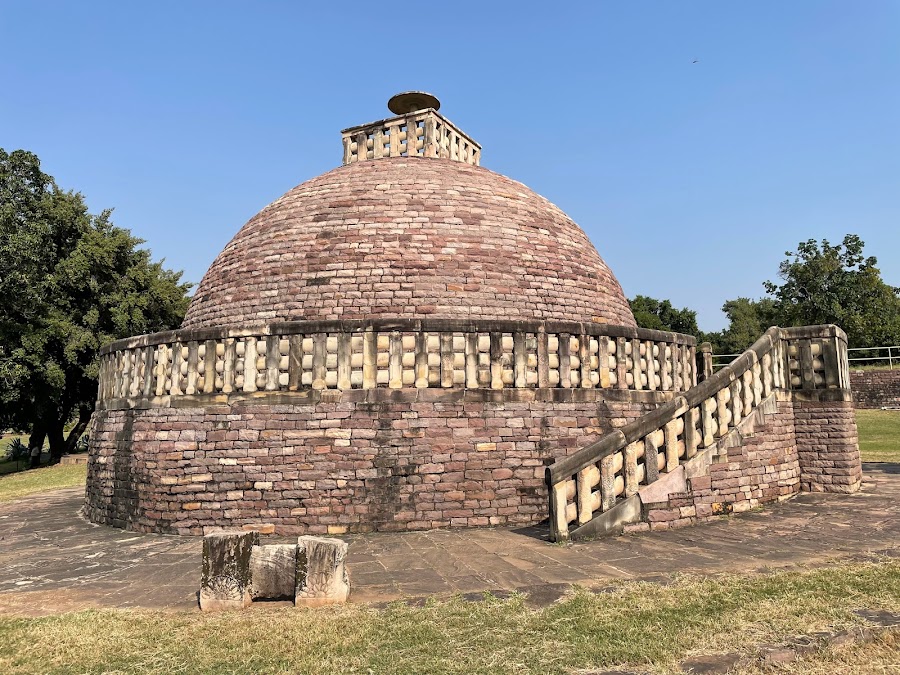
Sanchi Stupa
Sanchi Stupa, a UNESCO World Heritage site, is an ancient Buddhist complex renowned for its Great Stupa, one of the oldest stone structures in India. The site showcases remarkable examples of early Buddhist art and architecture, including intricately carved gateways (toranas) depicting scenes from the Jataka tales and the life of Buddha. Visitors can explore the various stupas, monasteries, and temples within the complex, gaining insight into the evolution of Buddhism and its artistic expressions. The serene atmosphere and historical significance make Sanchi Stupa a captivating destination for history buffs, spiritual seekers, and anyone interested in ancient Indian culture.
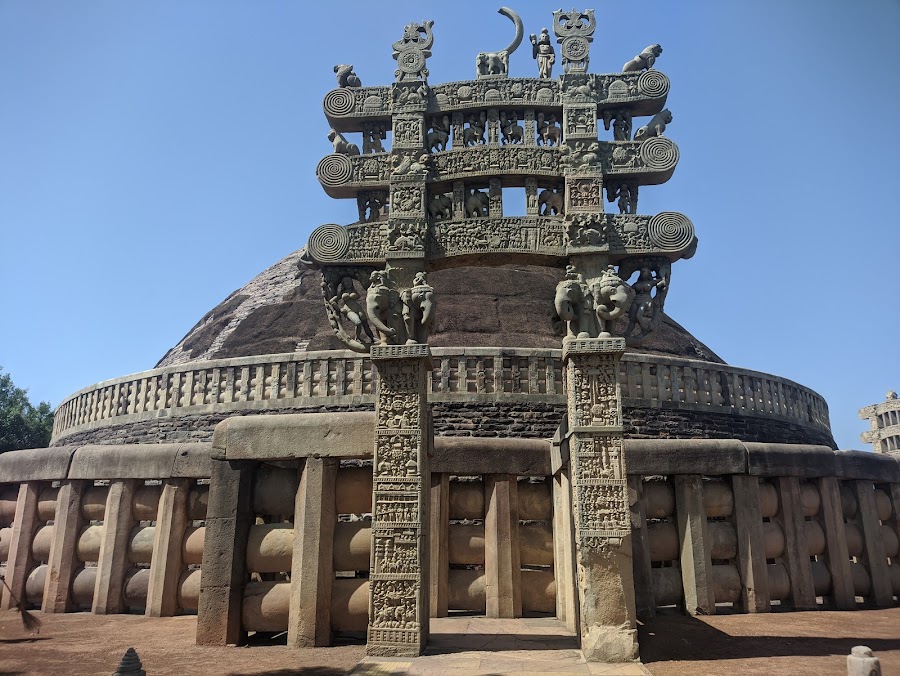
Ashoka Pillar
The Ashoka Pillar at Sanchi is a remarkable structure, a testament to Emperor Ashoka's conversion to Buddhism and his efforts to spread the Dharma. Though only the base remains standing, fragments of the pillar, including its iconic lion capital, are displayed in the Sanchi Archaeological Museum. The pillar once stood tall and gleaming, a symbol of imperial power and Buddhist principles. Its presence underscores the significance of Sanchi as a major Buddhist center. The intricate carvings and polished sandstone showcase the advanced craftsmanship of the Mauryan period. Visiting the Ashoka Pillar provides a glimpse into India's rich historical and spiritual heritage, making it a must-see for history enthusiasts and those interested in Buddhist art and architecture.
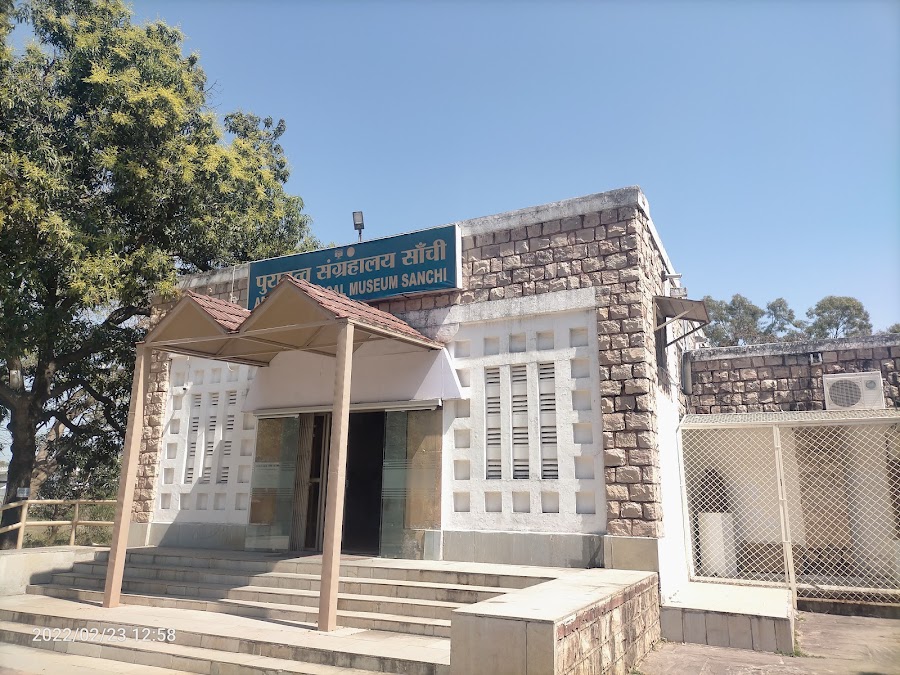
Sanchi Archaeological Museum
The Sanchi Archaeological Museum houses a fascinating collection of artifacts discovered at the Sanchi stupa site and surrounding areas. It offers visitors a glimpse into the rich history of Buddhism in India and the artistic achievements of the Mauryan, Shunga, Satavahana, and Gupta periods. The museum's displays include sculptures, pottery, inscriptions, and architectural fragments, providing valuable insights into the religious, social, and cultural life of ancient India. Key highlights include the lion capital from the Ashokan pillar, intricate carvings from the stupa gateways, and various Buddhist relics. The museum is a must-visit for history buffs and anyone interested in exploring India's Buddhist heritage.
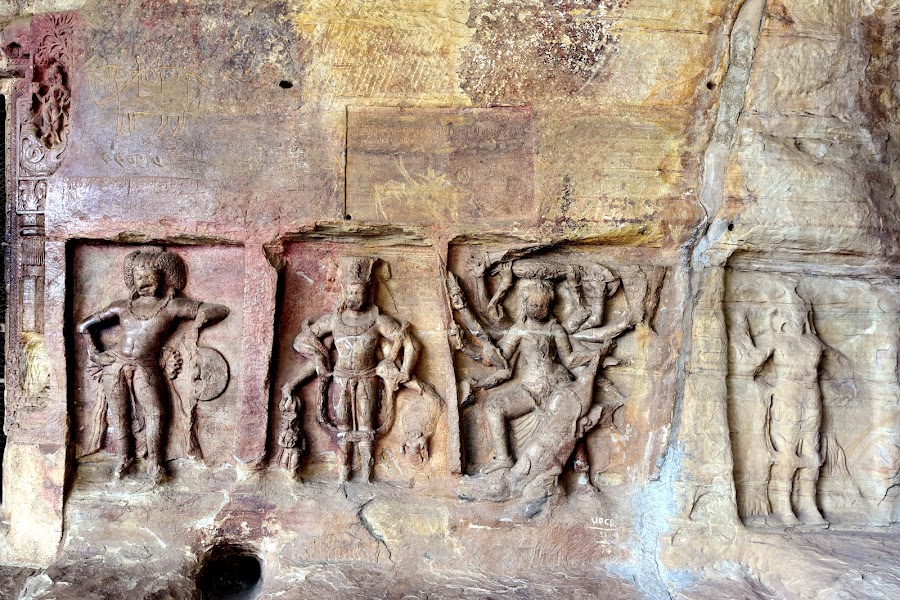
Udayagiri Caves
Located a short drive from Sanchi, the Udayagiri Caves are a complex of rock-cut sanctuaries dating back to the early centuries CE. These caves showcase Gupta-era art and religious beliefs, primarily Hinduism and Jainism. The site features intricate carvings, including the famous Varaha panel depicting Vishnu in his boar avatar rescuing the earth goddess. Visitors can explore numerous caves, each with unique sculptures and inscriptions that offer insights into the religious and artistic traditions of the time. The serene atmosphere and historical significance make Udayagiri Caves a must-visit destination for history buffs and art enthusiasts.
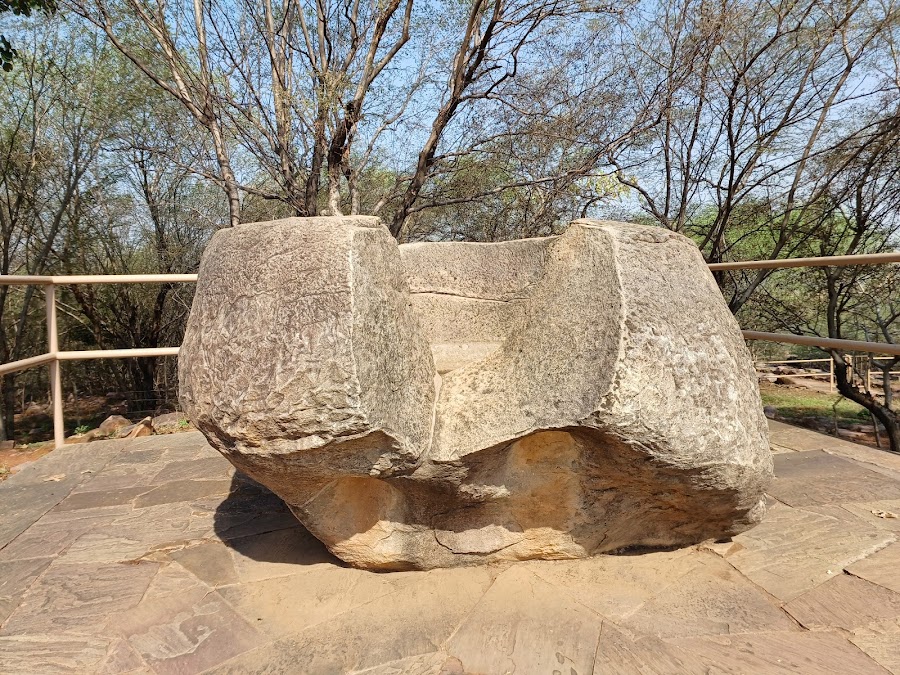
Great Bowl
The Great Bowl at Sanchi is a massive, monolithic stone vessel located near the main stupa. Believed to have been used for distributing food to monks, this impressive bowl offers a glimpse into the communal life of the monastic community that once thrived here. Its sheer size is awe-inspiring, showcasing the craftsmanship and resources available during the Mauryan and subsequent periods. Visitors can admire the bowl's simple yet elegant design and imagine the bustling activity that once surrounded it. The Great Bowl is a tangible link to the past, offering a unique perspective on the daily routines and traditions of the Buddhist monks who called Sanchi home. It's a must-see for anyone interested in the history and culture of this UNESCO World Heritage Site.
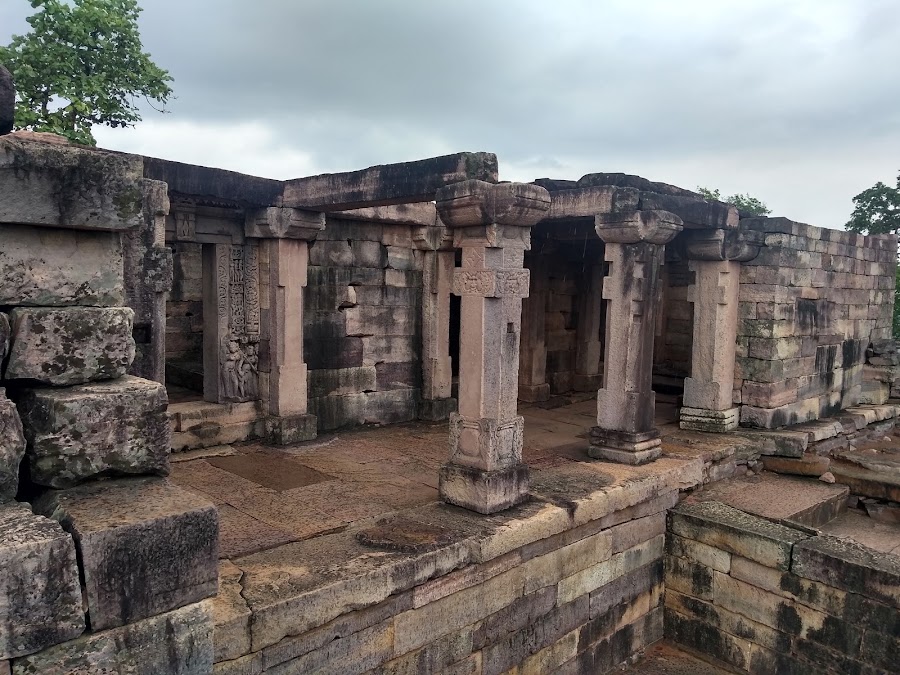
Gupta Temple
The Gupta Temple at Sanchi, also known as Temple 17, is a significant early example of Gupta-era architecture in India. This small, flat-roofed shrine showcases the nascent stages of temple construction during this period. Its simple yet elegant design, featuring a square sanctum and a portico supported by four pillars, reflects the classical proportions and refined aesthetics characteristic of Gupta art. While modest in size compared to later temple complexes, it offers valuable insights into the evolution of Indian temple architecture and the artistic achievements of the Gupta dynasty. The temple's location near the Great Stupa adds to its historical and cultural significance, making it a must-see for visitors interested in ancient Indian art and religion.